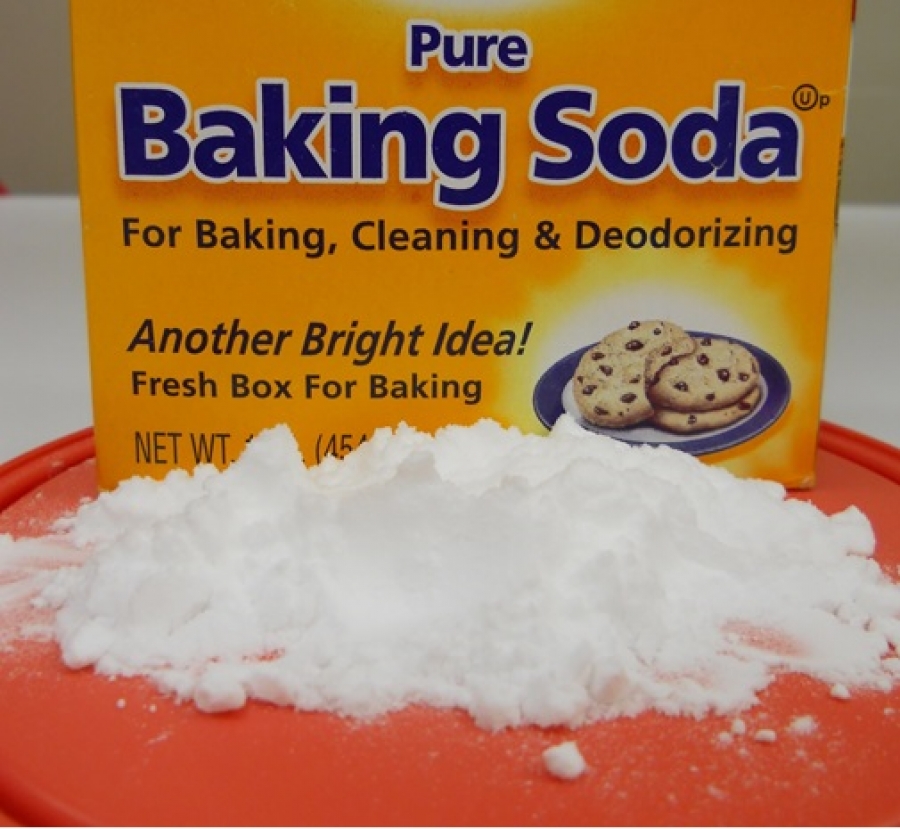mJobTime will be exhibiting at the World of Concrete 2015 in Las Vegas next month and we thought we would use this opportunity to talk about a promising technology for reducing carbon emissions that just so happens to have its beginnings in the cement industry.
The production of cement requires huge amounts of energy. Making cement requires heating limestone with small quantities of other materials to approximately 2,600 degrees Fahrenheit. This produces a tremendous amount of CO2. Making one ton of cement results in the emission of roughly one ton of CO2—and in some cases much more. Since current worldwide production of cement is approximately 4 billion tons per year, there are at least 4 billion tons of annual CO2 emissions. This represents about 5% of all man-made CO2 emissions globally of which approximately 50% is from the chemical process and 40% from burning fuel.
Carbon capture and storage (CCS) is the process of capturing waste CO2 by large producers such as fossil-fuel powered plants, and transferring it to a storage site where it will not enter the atmosphere. CCS is envisioned as a key technology in the fight to reduce carbon emissions. Europe was expected to take the lead in the development of this technology with a series of early demonstration plants, but many were cancelled due to a lack of specific policy incentives by the European Commission.
While Europe went from leader to laggard on CCS, the United States stepped up as the new leader. On October 21, 2014, Skyonic Corporation opened the world’s first commercial carbon capture and mineralization plant, Capitol SkyMine, at the Capitol Cement plant in San Antonio, Texas. This is a very innovative and fascinating technology field tested for six years at operational coal-fired power plants.
A simple overview of the process is as follows:
- Direct a power plant’s offending flue gasses into the SkyMine device
- Separate the CO2
- Initiate a chemical reaction that turns the CO2 into baking soda, hydrogen and chlorine
- Sell the byproducts on the open market
It is a very efficient process using the cement plant’s heat as its energy source. In the first heat-conversion step, it separates toxic chemicals like mercury (Hg), sulphur dioxide (SO2), and nitrogen oxide (NOx) from the flue gas and stores them for later disposal. What is left is mostly CO2 which is then combined with water and salt to form sodium bicarbonate (baking soda) plus hydrogen and chlorine gasses which are stored separately from the baking soda.
There is a very established industrial market into which the hydrogen and chlorine can be sold, but the supply of baking soda produced by this process is potentially huge and could eventually overwhelm the market. At that point, unless some other uses are discovered, sequestration would be the only disposal alternative.
Each SkyMine plant with a 75,000 direct-ton capture capability, is estimated to cost approximately $125 million. Financing of the current project consists of 2 U. S. Department of Energy (DOE) loans – $3 million for the R&D phase and $25 million for the commercial project plus $128 million in investments by major energy industry companies.
And why is SkyMine so important?
Other than cleaning the air we breathe, factories and power plants, especially those fueled by coal, will not be able to meet stringent climate regulations proposed by the Obama administration without CCS. Despite a lot of money being spent on carbon capture and storage, most of these projects have been abandoned. To date, there are just a handful of active commercial-scale CCS projects. Technically, SkyMine is a carbon capture and mineralization company, but the bottom line is, they’re getting rid of carbon and making money to boot! Not a bad combination and one that others, hopefully, will follow.
And back to the World of Concrete!
Please excuse our excitement, but we can’t wait for World of Concrete 2015 to begin to show off the latest amazing features being added to our mobile time tracking and job tracking application!
Here’s a hint: There’s something that your foremen and project managers will absolutely love, and something else that will make your employees very happy.
If you’re going to the show, please drop by booth #C4119 to see what all the excitement is about. If you’re not, give us a call at 866-922-TIME (8463) or email us at [email protected].







